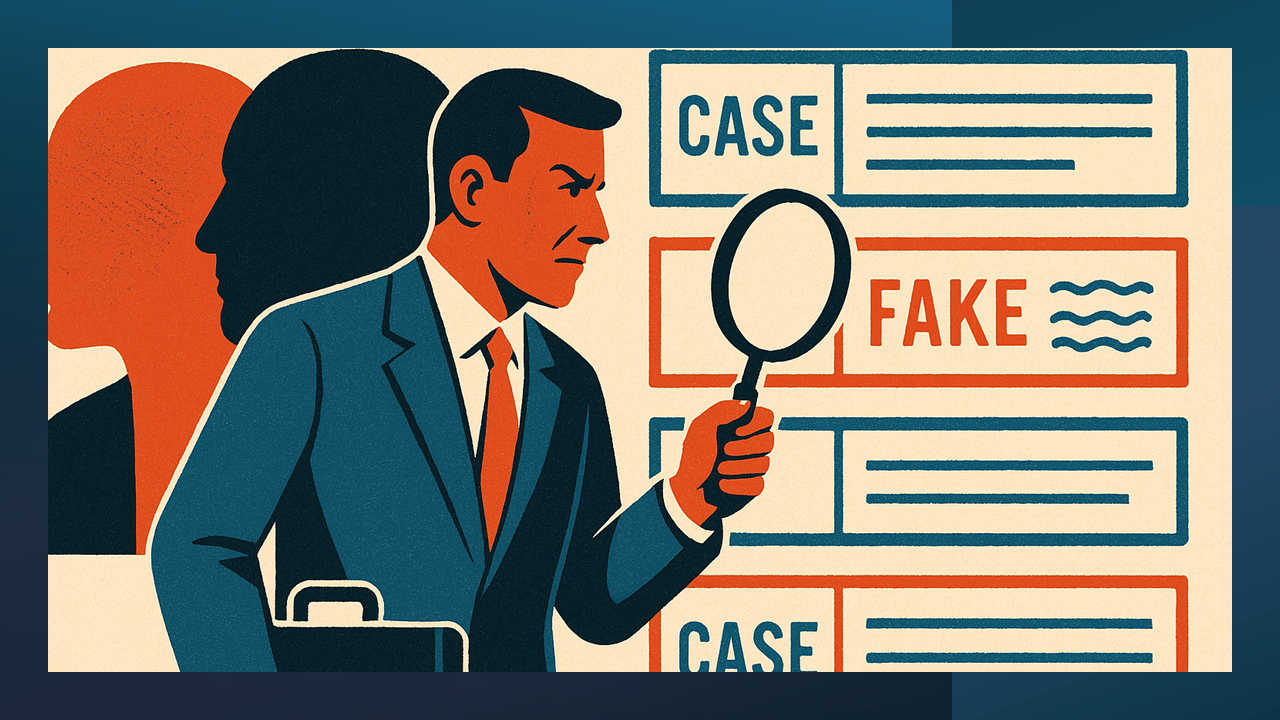
"A new decision from the California Court of Appeals adds an intriguing dimension to the growing body of AI hallucination sanctions cases, raising the question of a lawyer's duty to detect fabricated, AI-generated citations - not in the lawyer's own filings, but in an opponent's. While the court did impose a $10,000 sanction on the attorney who filed two appellate briefs containing fake citations, it also declined"
"The attorney, Amir Mostafavi, used ChatGPT and other AI tools to "enhance" his appellate briefs, then failed to verify the citations before filing. The court found that 21 of 23 case quotations in his opening brief were fabricated, along with many more in the reply brief. Some cases did not discuss the topics for which they were cited, and others did not exist at all."
The California Court of Appeals imposed a $10,000 sanction on attorney Amir Mostafavi for filing appellate briefs containing numerous AI-generated fabricated citations and quotations. The court identified that 21 of 23 case quotations in the opening brief were fabricated and that additional fabrications appeared in the reply brief; some cited cases did not discuss the cited topics and some did not exist. The court declined to award attorneys' fees or costs to opposing counsel because opposing counsel failed to detect or report the fake citations. The decision raises the question whether lawyers have a duty to detect and report opponents' AI-generated fabrications.
Read at LawSites
Unable to calculate read time
Collection
[
|
...
]